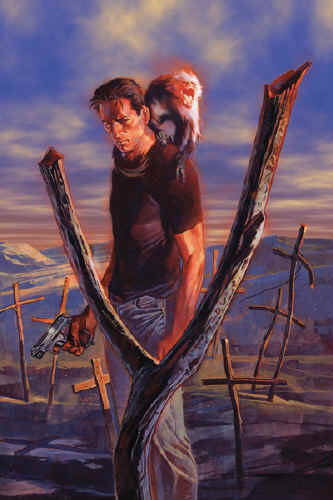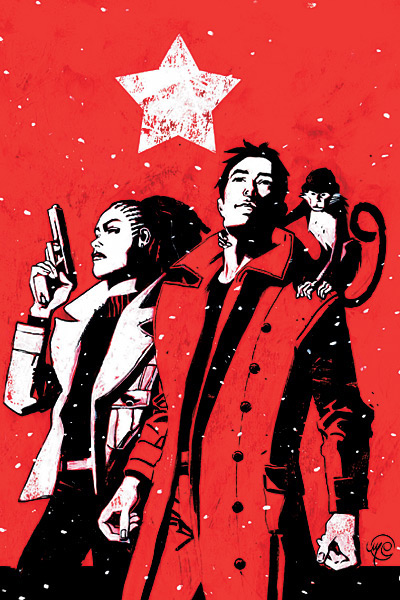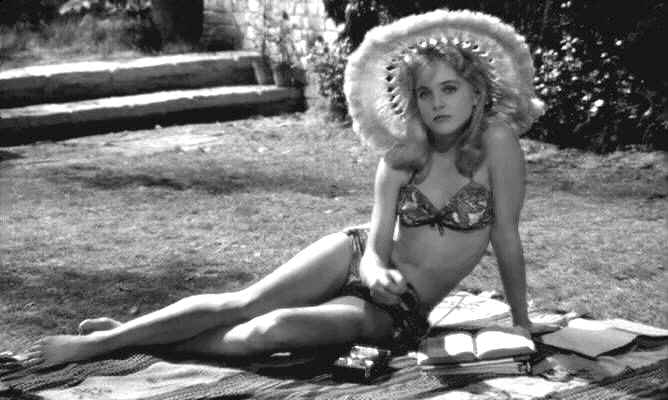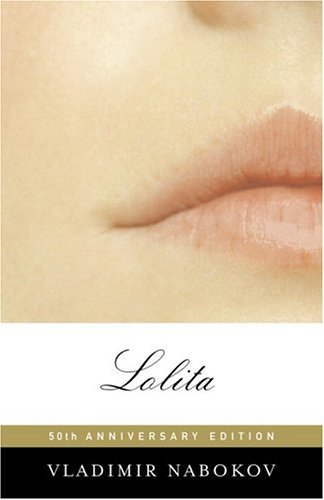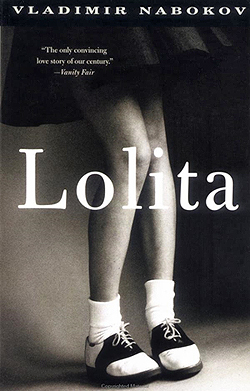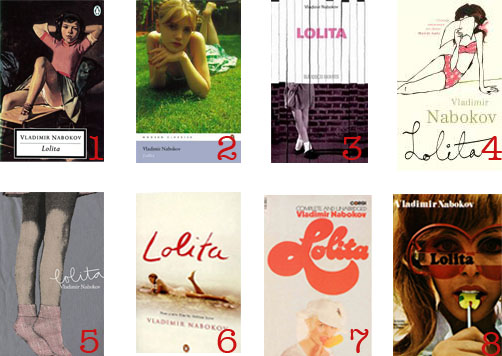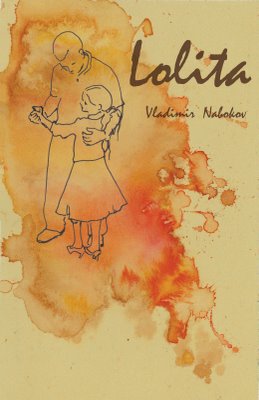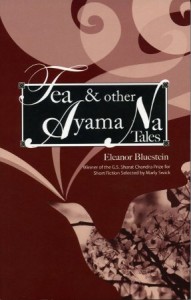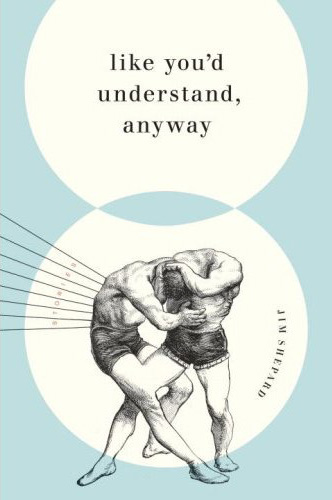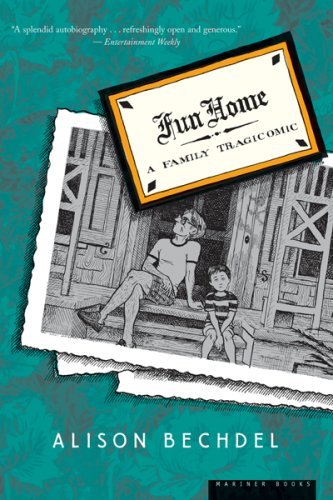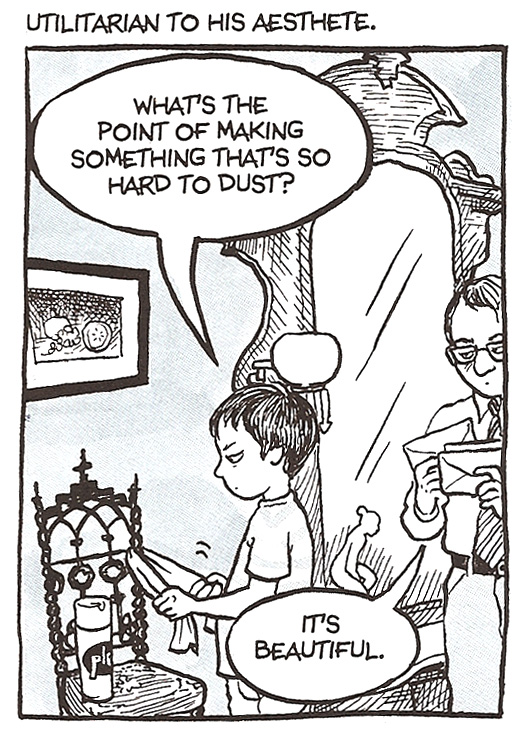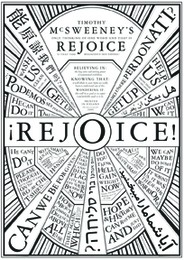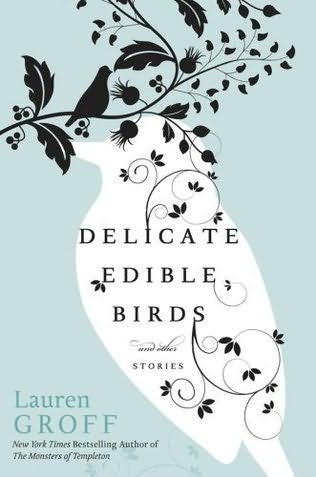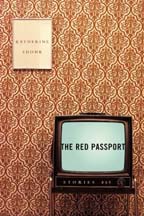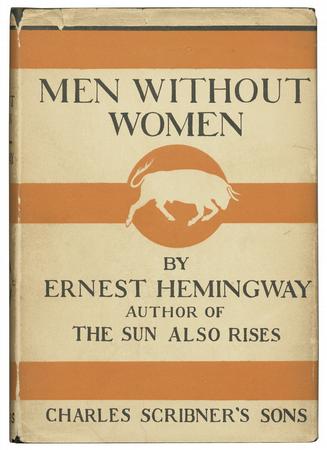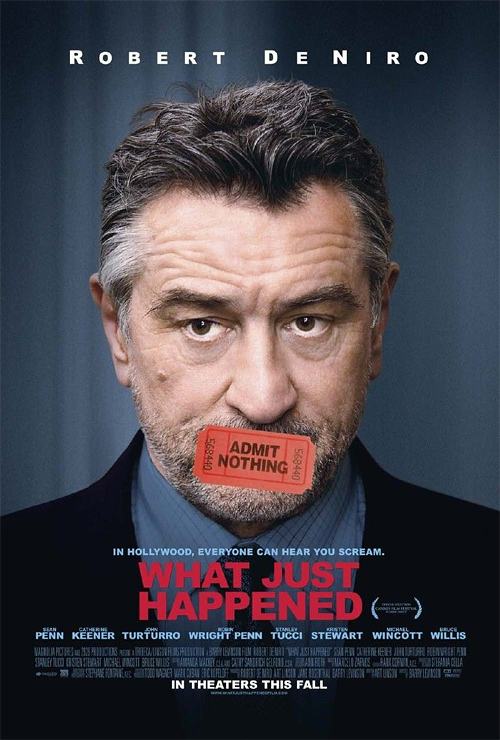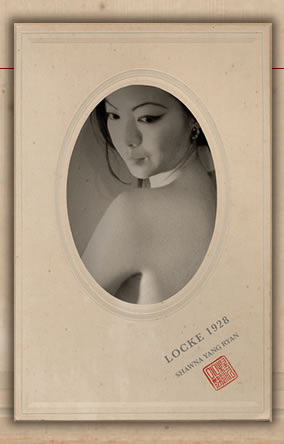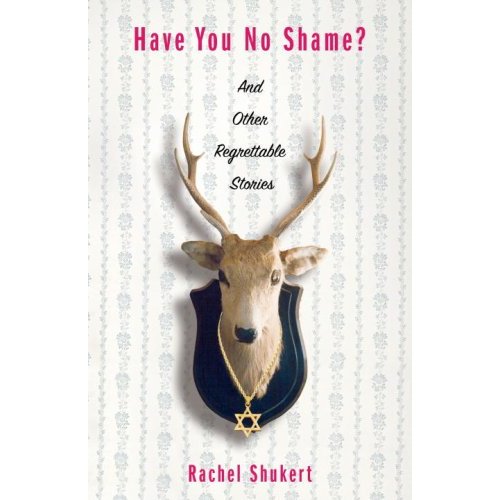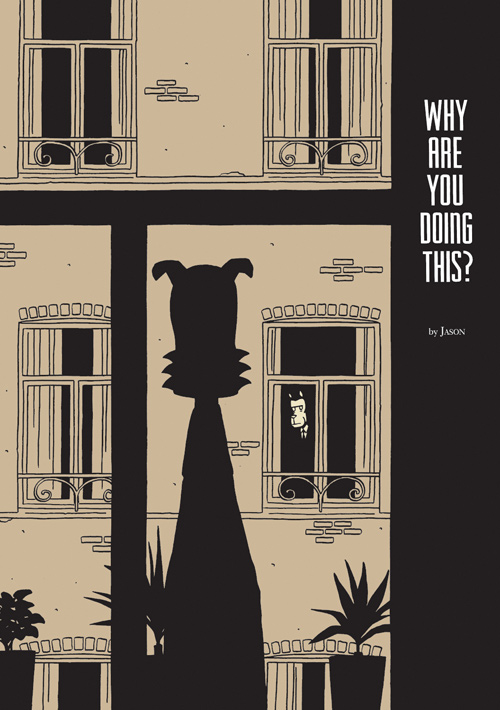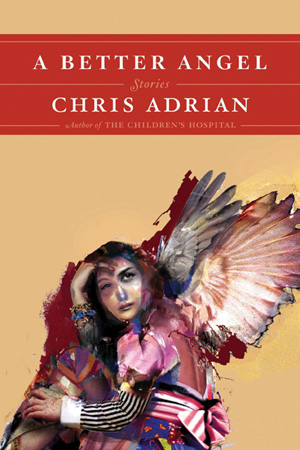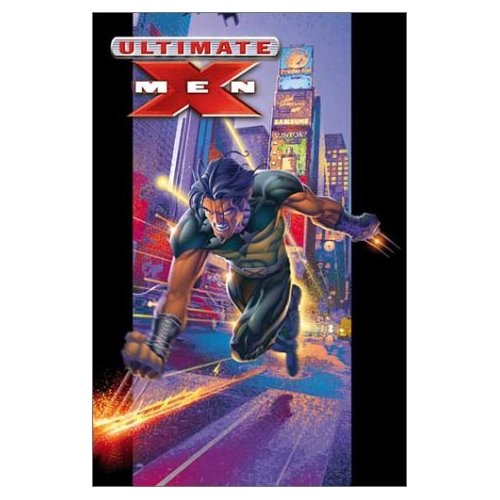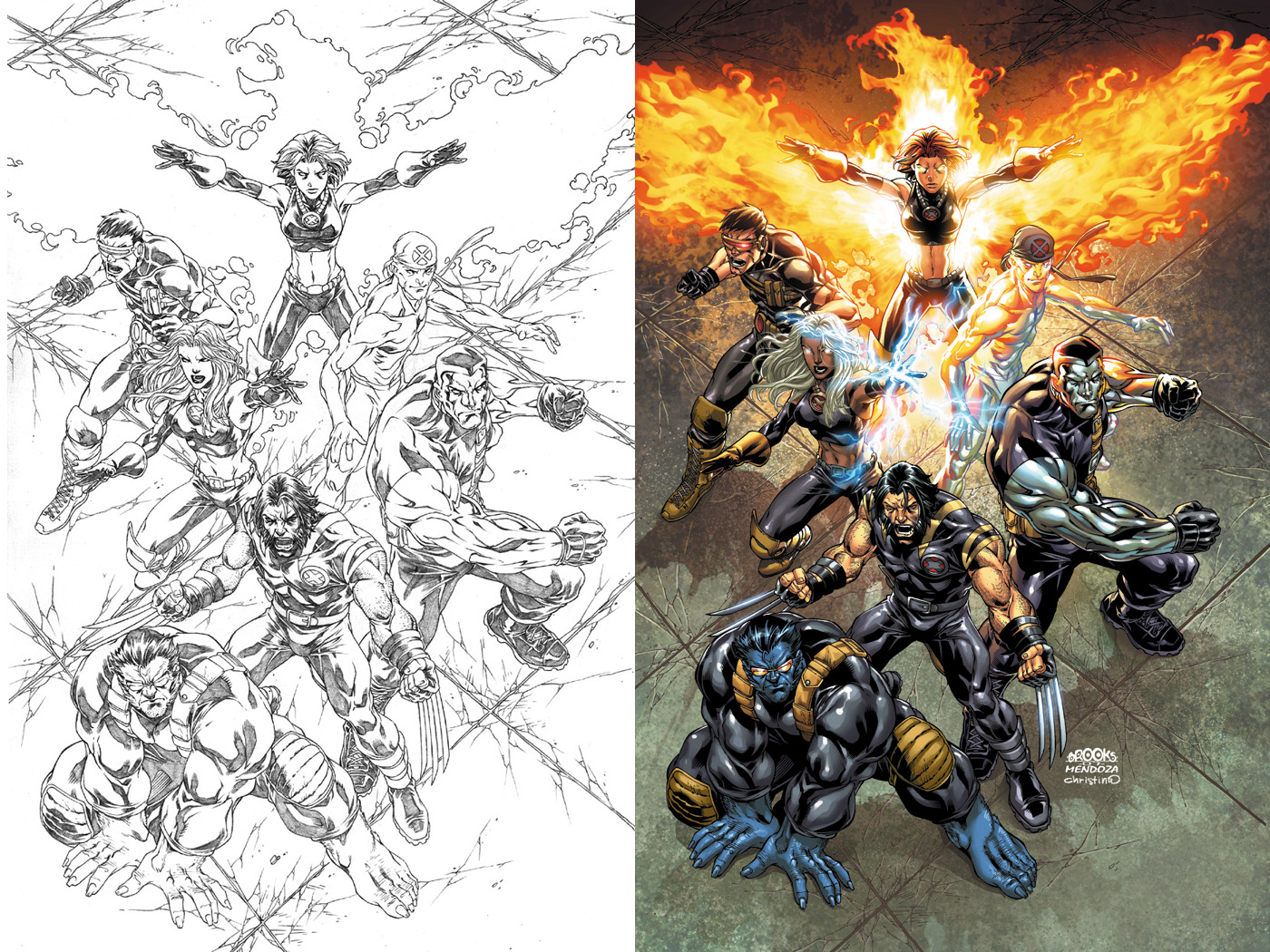Possibly.
But there’s a really really good reason for it. Sorta. I somehow missed the boat initially when the issues were coming out, even though I’d heard about it and was interested all along. And then I missed enough issues that it was going to be difficult to catch up…without missing issues and having holes. So I figured I’d wait until they came out all collected and I could read them in one sitting (which is my favorite way to read a great series anyway). But the shit was taking WAY too long. So here we are.
I finally got my hands on the first two big collected volumes a few weeks ago and plowed through them in a day. Amazing stuff. And then, unable to wait for however long it might take for everything else to come out, I hunted down the rest of the issues and read everything else in a couple days.
Amazing stuff.
Y The Last Man. Brian K. Vaughan (writer), Pia Guerra (illustrator). Fiction – Graphic Novel/Comics.
[SPOILERS]
So for anyone who doesn’t know, Y The Last Man is essentially about Yorick, the last man on earth (along with his monkey – Ampersand – also male) after something kills all the men on the planet except him (er…them).
Yorick is a wonderfully layered character and he is surrounded by fascinating women, of all kinds, which is so refreshing to see in popular comics that I just don’t really have words to describe how happy it made me. Vaughan’s world is filled with women that are good and bad and beautiful and ugly and horrifying and badass and brilliant, they are all of these things, because women ARE all of these thing, rather than just “sexy” as they so often get boiled down to in comics. And Vaughan has established himself, at least in my mind, as being a writer that can write the hell out of women. He gets it and I would welcome his take on any number of things I love any day. It’s interesting to know that one of his other wildly successful projects, Runaways, also stars a mostly female cast. Interesting.
Y The Last Man takes place over sixty issues, and one of the great strengths is that artist Pia Guerra is always there – so the art is always consistent and it’s fair to say, consistently gorgeous. Guerra is a master and it’s such a treat to be able to see an entire series collected together with no deviation in the art. Even in the best of circumstances an artist is rarely able to do every single issue of the series, so this is a real treat.
Guerra’s style matches Vaughan’s writing perfectly, and the result is one of those perfect books we rarely get to see in comics.
My only complaint, and it’s a mild one, is the ending. Like many fans of the story, I really did want a satisfying “answer” for what caused the plague. I understand why Vaughan doesn’t give it to us – life – real life – is rarely that simple and spelled out and so it’s realistic for him to suggest possible answers but not say for sure, but so much time is spent on it over the 60-issues that I couldn’t help but feel disappointed and maybe a little cheated not to get a real resolution. It felt a little like he’d possibly written himself into a hole he wasn’t sure how to escape from. Regardless, the story in its entirety will remain a benchmark in graphic novels/comics for years to come and has solidified Vaughan’s status in my mind as both a sensational writer and also one of the few men out there who write women as well as women themselves do.
4.5 Stars
Also, if you want more information on Y The Last Man (though beware of spoilers) the wikipedia page is really detailed about the series – very nice.

